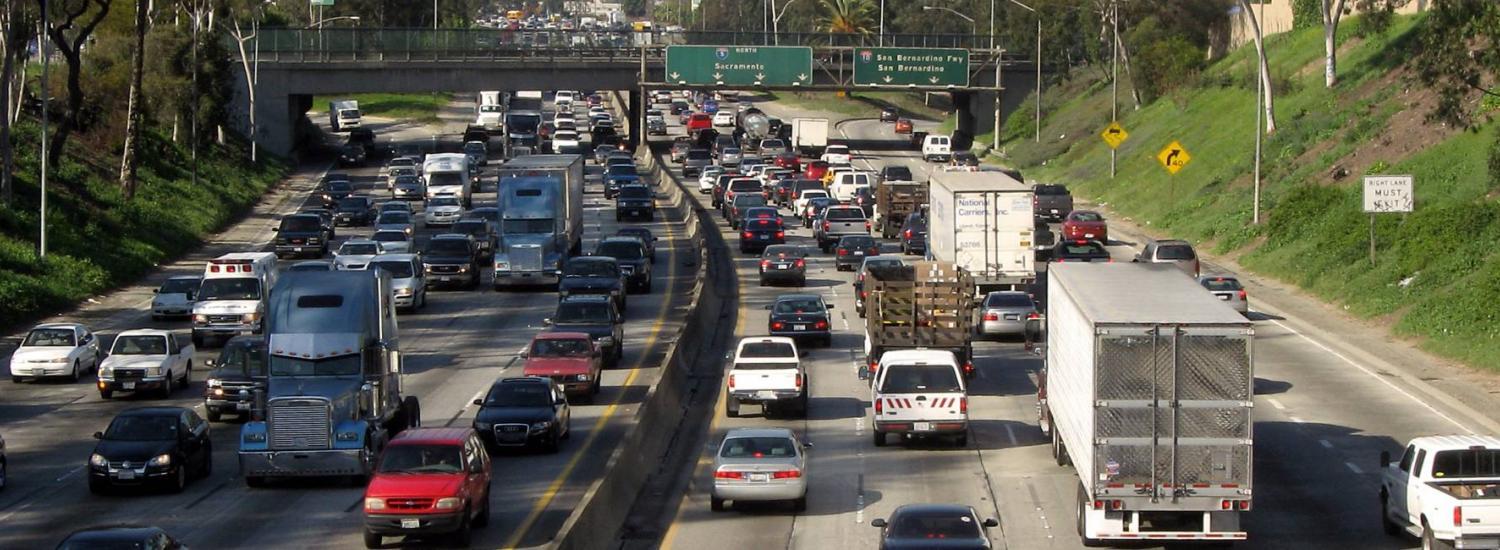U.S. Gains in Air Pollution are Slowing Down
Study indicates challenges of meeting ozone goals

After decades of progress in cleaning up air quality, U.S. improvements for two key air pollutants have slowed significantly in recent years, new research concludes. The unexpected finding indicates that it may be more difficult than previously realized for the nation to achieve its goal of decreased ozone pollution, scientists said.
"Although our air is healthier than it used to be in the 80s and 90s, air quality in the U.S. is not progressing as quickly as we thought," said National Center for Atmospheric Research (NCAR) scientist Helen Worden, a co-author of the paper published in the Proceedings of the National Academy of Sciences. "The gains are starting to slow down."
The study, by an international team of researchers, analyzed extensive satellite and ground-based measurements of nitrogen oxides and carbon monoxide. They found that levels of pollutants that can contribute to the formation of ground-level ozone, or smog, have failed to continue a fairly steady decline as estimated by the U.S. Environmental Protection Agency.
CIRES' Brian McDonald, who works in the NOAA Earth System Research Laboratories, is a co-author on this study. More at NCAR.